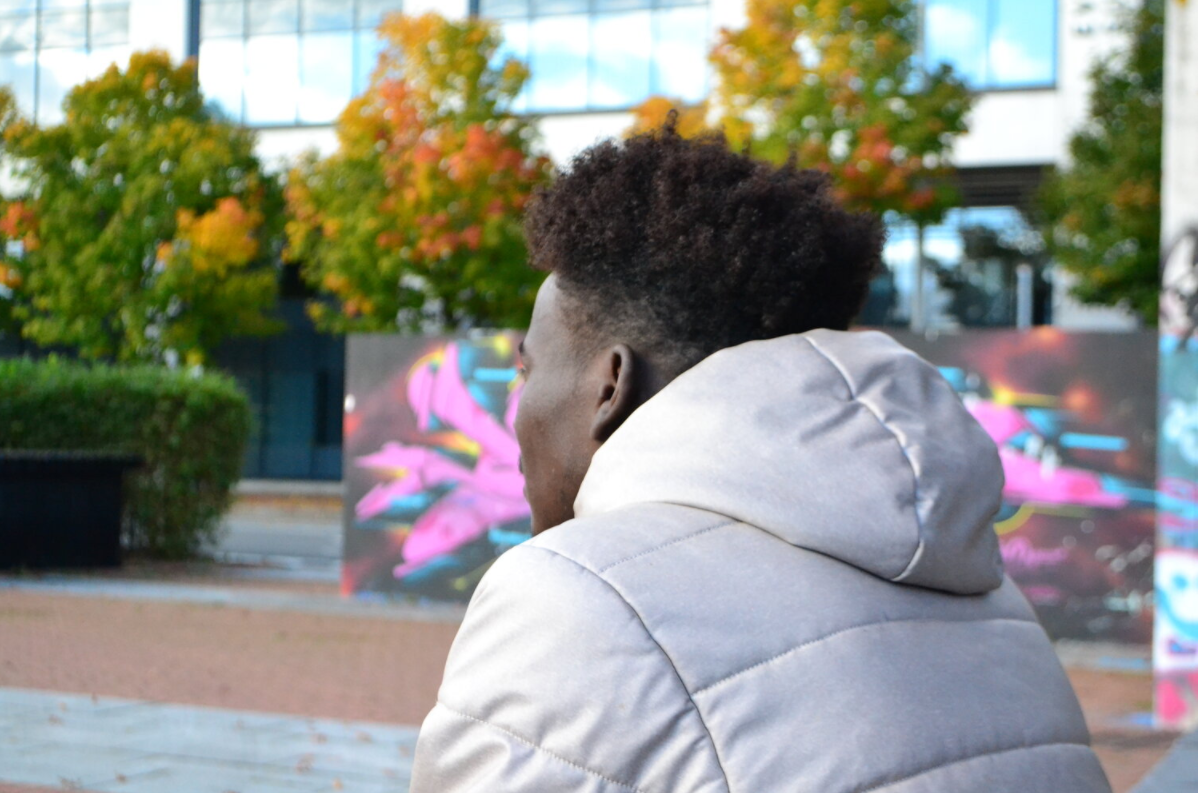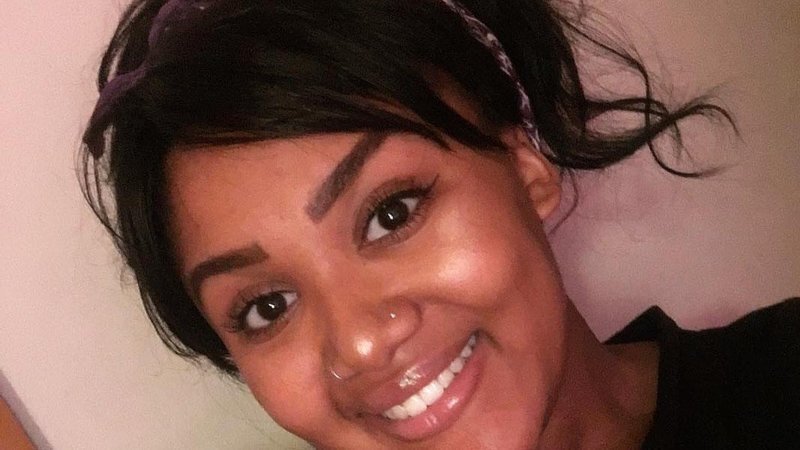
Sudanese Asylum Seeker Who Drowned in the English Channel Was Living in Cardiff, Close Friend Says
By SC Cook. Photo: Abdul – not his real name – says that his friend Omar Ezildin Ali had been failed by the asylum system and he is worried others may die.
A young Sudanese asylum seeker who was found dead off the sea near Dover last summer had been living in Cardiff for 4 years and was finding the asylum system intolerable, one of his closest friends has told voice.wales.
A full inquest into the death of Omar Ezildin Ali is due to be held on 22nd February, but Sonia Hayes, assistant coroner for Central and South East Kent, said that a member of the public had seen Mr Ali’s body in the sea on August 20th 2020, but a search was eventually called off. His body was later recovered from the shore. A post mortem in October concluded that the cause of death was drowning.
Now a close friend Omar Ezildin Ali has told voice that the young man had been living in Cardiff since 2016, but had been finding life increasingly difficult under an inhumane asylum system that keeps people in a permanent state of mental limbo.
“He had like, mental problems and health problems… he was depressed not knowing what to do,” his friend, who we are calling Abdul, said. Abdul says that the situation is so dire that he worries others may die as a result of the unfairness in the system. “Everyone wants to work, you can’t do anything.. that’s so hard,” he says “…I’m worried people might die in this situation.”
After living in inadequate accommodation and feeling frustrated, Omar Ali travelled to Dover. Prior to this, he had borrowed his friend’s phone and had been looking at trains to Dover. It is unclear why he decided to travel to the town most known for crossing the channel, but his brother had been in France at the time.
Abdul described Omar Ali as a warm and friendly character who wanted to work and help others. He spoke about the mental health crisis affecting so many asylum seekers, who are sometimes left for years not knowing what their future holds whilst claims are processed, often unsuccessfully.
Omar Ali had his asylum claim rejected, but couldn’t return to Sudan for fear of his life. “He was living outside the system,” Abdul says. He says that many asylum seekers in Mr Ali’s situation feel like prisoners and in a state of mental torture: “Why can’t they make people helpful in this country, no one is feeling good being an asylum seeker.”
When Mr Ali had lived in Sudan, he had been picked up and imprisoned by security services more than once. At one point, when walking home from university in Khartoum, he was stopped, detained and assaulted by police who suspected him of having sympathy for opposition political groups.
“He had been detained by the military twice – it’s really horrible, they beat him, beat him every day and they don’t feed you.”
He described what his friend had told him about the events that led him to leave: “He was studying and coming home and the police arrested him. They accused him of being in the opposition.”
He fled for his life, making a perilous journey across the Sahara desert to Libya, then across the Mediterranean on boat and finally into Britain from Calais, by jumping onto the back of a lorry. After living in Swindon for a brief time, Omar Ali moved to Cardiff, where he and Abdul became good friends.
“We met for the first time in Links house and became best friends, meeting every day and do everything together…eating together.”
Abdul described his friend as “very talkative, friendly, everybody loved him and he liked doing hard work.”
He enjoyed playing football and volunteered at the charity Oasis in Cardiff, which helps asylum seekers and refugees. Abdul said that the inability to work specifically and the grinding poverty of being a destitute asylum seeker – where people receive no government help at all – had become harder to deal with during lockdown.
“When lockdown happened, we didn’t meet each other,” says Abdul. After 4 months they finally saw each other but Omar “wasn’t very happy” with his living situation.
Abdul says that life for many asylum seekers is getting harder, with so many legitimate claims being rejected by hostile courts. “They have to see why you are coming to this country… they have to see my situation first and what is happening in my country.”
Asked if he was worried if this may lead to more deaths among the community, Abdul responded: “Yeah, definitely, I’m worried people might die in this situation.”
Abdul says that he would like to see immigration policy devolved so that Welsh Government could pursue a more humane policy towards asylum seekers and refugees.
At the moment, he says that although many say that Wales has often been a welcoming place, the treatment they face by the home office is no different to England. There seems to be little interest in Welsh Government for challenging this, however.
For all the difficulty that asylum seekers face in Cardiff, many continue to do whatever they can to socialise and help each other. Abdul says that the Oasis charity is a lifeline for many, and there are regular football matches on the weekend involving many asylum seekers and refugees.
For those from Sudan, Abdul says the revolution in the country which began in December 2018 provided hope for the future. But under a hybrid military-civilian transition after the toppling of Omar al-Bashir, many say that the promise of the uprising is fading.
He says that acts of support and solidarity in this country, and trying to end a deeply unjust asylum system, is vital to protecting people’s wellbeing.


